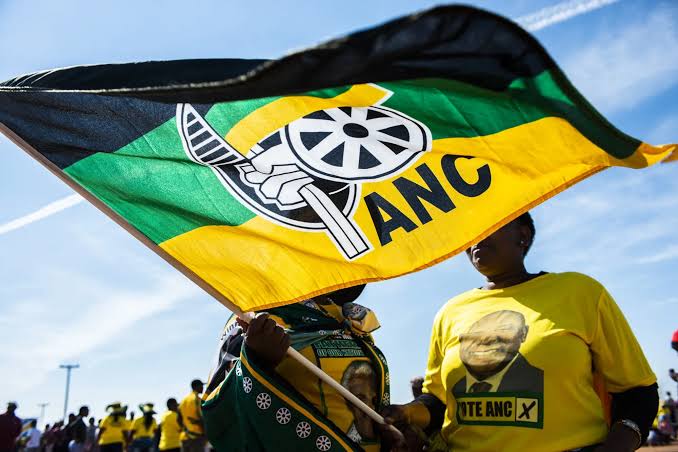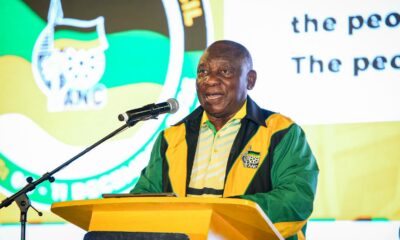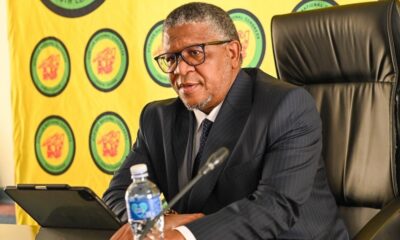News
ANC’s push for consensus leadership sparks fears of democratic backsliding

South Africa’s ruling party is once again locked in a fierce internal debate, this time over how it chooses its leaders. A proposal circulating inside the ANC suggests ditching its traditional delegate elections in favour of a consensus-driven or even appointment-based system. And while the move is framed as a way to heal divisions, critics warn it could erode the party’s democratic core.
Back to “the old days” of consensus
The plan, outlined in a discussion document for the ANC’s upcoming National General Council in December, would see top positions, including the presidency filled by consensus slates rather than open contests.
In more extreme scenarios, candidates might even be required to submit resumes detailing their qualifications and years of party service, effectively turning leadership posts into appointed jobs rather than elected ones.
For supporters, the shift represents a way to restore unity and discipline after years of bruising leadership battles. But for detractors, it feels like democracy in reverse.
Why the debate matters
Since the explosive Polokwane conference in 2007, where Jacob Zuma unseated Thabo Mbeki, ANC leadership elections have been bitter, factional, and often mired in allegations of vote buying and intimidation. Zuma’s subsequent recall as state president only deepened the cracks.
From then on, every presidential race, from Mangaung to Nasrec has been a battleground, spilling factional tensions into provincial and regional structures. Many in the ANC now fear that another hotly contested election could tear the party apart ahead of 2026.
It’s against this backdrop that some in Luthuli House believe consensus is the safer option.
Experts weigh in
But political scholars are not convinced.
Dominic Maphaka from North-West University describes the plan as a “democratic reversal”, arguing that leaders should reflect the will of the people, not the will of a few insiders.
“This might rid the ANC of opportunists chasing self-enrichment,” Maphaka conceded, “but it also risks alienating ordinary members and undermining legitimacy.”
Independent analyst Sandile Swana went even further, bluntly declaring that “democracy has not happened in the election of an ANC president for a long time.” He argues the existing system is already riddled with money politics and corruption, producing leaders with little credibility.
In his view, consensus won’t fix the rot, it might just make it less transparent.
Echoes of other parties
Interestingly, the proposal draws parallels with the DA’s hybrid model, where some leadership roles are appointed rather than directly elected. That similarity has raised eyebrows, given the ANC’s proud history of grassroots democracy and member-led decision-making.
Public reaction: “Unity or power grab?”
On social media, reaction has been sharp. Some South Africans say consensus could finally put an end to destructive factional battles that have paralysed the party for years. Others see it as a thinly veiled power grab by the ANC elite, designed to lock out challengers and keep decision-making within a small circle.
“Consensus sounds nice until you realise it means the same people choosing each other,” one X (formerly Twitter) user quipped.
The ANC faces one of the toughest periods in its history. With declining voter support, ongoing corruption scandals, and a fractured membership base, its credibility is already under strain.
Whether consensus leadership brings stability or deepens distrust may depend less on the process itself and more on the calibre of leaders it produces.
For now, one thing is clear: the ANC’s internal choices are not just party politics, they carry direct consequences for South Africa’s democracy.
{Source: The Citizen}
Follow Joburg ETC on Facebook, Twitter , TikTok and Instagram
For more News in Johannesburg, visit joburgetc.com



























